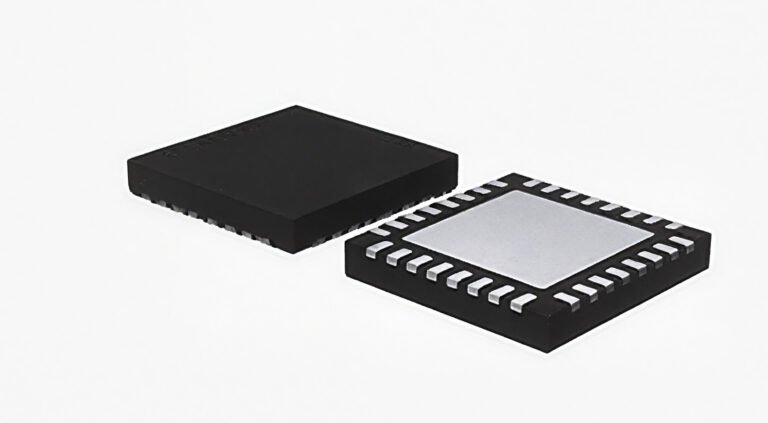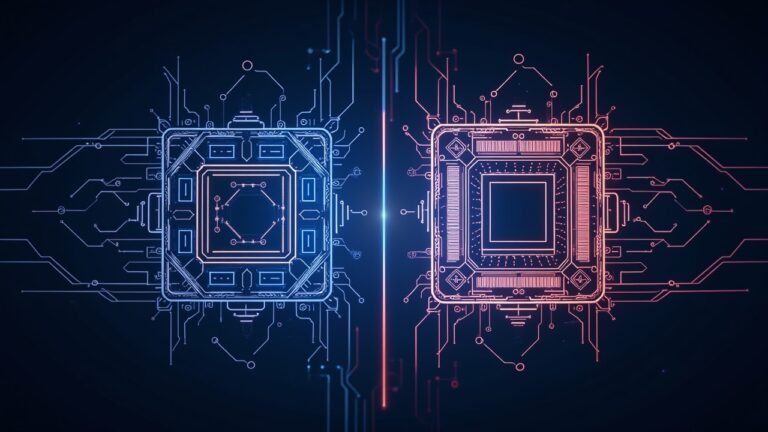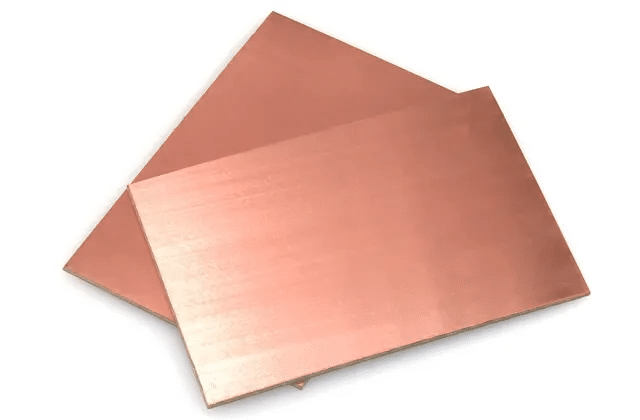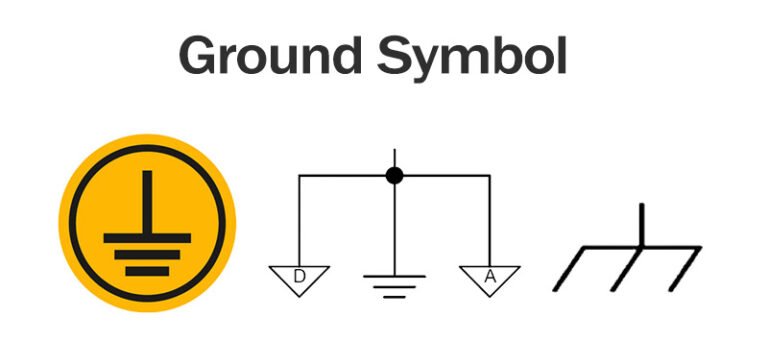
Digital Signal Processors (DSPs)
DSP basics: architectures, applications in audio/video processing, and real-time computing. Compare TI/ADI DSPs for your design. Expert insights inside!
Schematic & Gerber restoration
MCU/CPLD code restore access & backup
1:1 exact hardware replication
BLE & Classic BT wireless solutions
Precision PID & thermal management
High-efficiency motor drive control
Industrial RS485/RTU communication
Custom STM32/ESP32 firmware & HW
Calculate the PCB trace width based on temperature rise, current, and copper thickness (IPC-2152).
Explore the core principles of electronics, from digital circuits and electrical testing to key components like microcontrollers and semiconductors. This category covers important topics such as PCB design, soldering techniques, and the basics of computer architectures like RISC and CISC. Learn about signal processing, electromagnetic compatibility (EMC), and practical guides for working with components like capacitors and amplifiers.

DSP basics: architectures, applications in audio/video processing, and real-time computing. Compare TI/ADI DSPs for your design. Expert insights inside!

Single-board computers (SBCs), known for their compact size, high flexibility, exceptional durability, and outstanding performance, have found significant applications in the fields of embedded Internet of Things (IoT) and edge computing. They are particularly well-suited for demanding industrial environments where

A low noise amplifier (LNA) is a type of electronic amplifier used to amplify signals with very low noise. It is an essential component used in a wide range of applications, from communications to radar systems. In this article, we

The need for faster and more reliable electronic devices keeps growing. This makes high-frequency PCBs (Printed Circuit Boards) crucial in communication circuits. These PCBs work at frequencies above 1GHz. They play a key role in sending both high-speed digital and

New to QFN (Quad Flat No-Lead) packages? Learn pin layout, thermal pad design, and reflow soldering best practices. Avoid common issues like tombstoning and poor thermal conductivity. Step-by-step for compact PCB designs!

Understand RISC (ARM) and CISC (x86) architectures: instruction sets, performance, and applications. Which suits your design? Expert comparison inside!

CCL basics: FR4, CEM-3, and high-frequency materials. Properties, thickness, and selection for PCB layers. Critical for thermal/electrical performance!

Struggling with ground loops? Unlock 6 grounding types + pro PCB tricks to avoid 90% errors! Free high-frequency guide + troubleshooting checklist inside—no experience needed!

Cyclic Redundancy Check (CRC) is the backbone of data integrity, used everywhere from Ethernet networks to ZIP files. This guide demystifies CRC: how it works through polynomial division, its most common standards (CRC-8, CRC-16, CRC-32), and why it’s critical for detecting errors in transmission and storage.

Discover IC inventors Jack Kilby and Robert Noyce. Learn the history of integrated circuits, Nobel prizes, and technological milestones. Fascinating tech history inside!